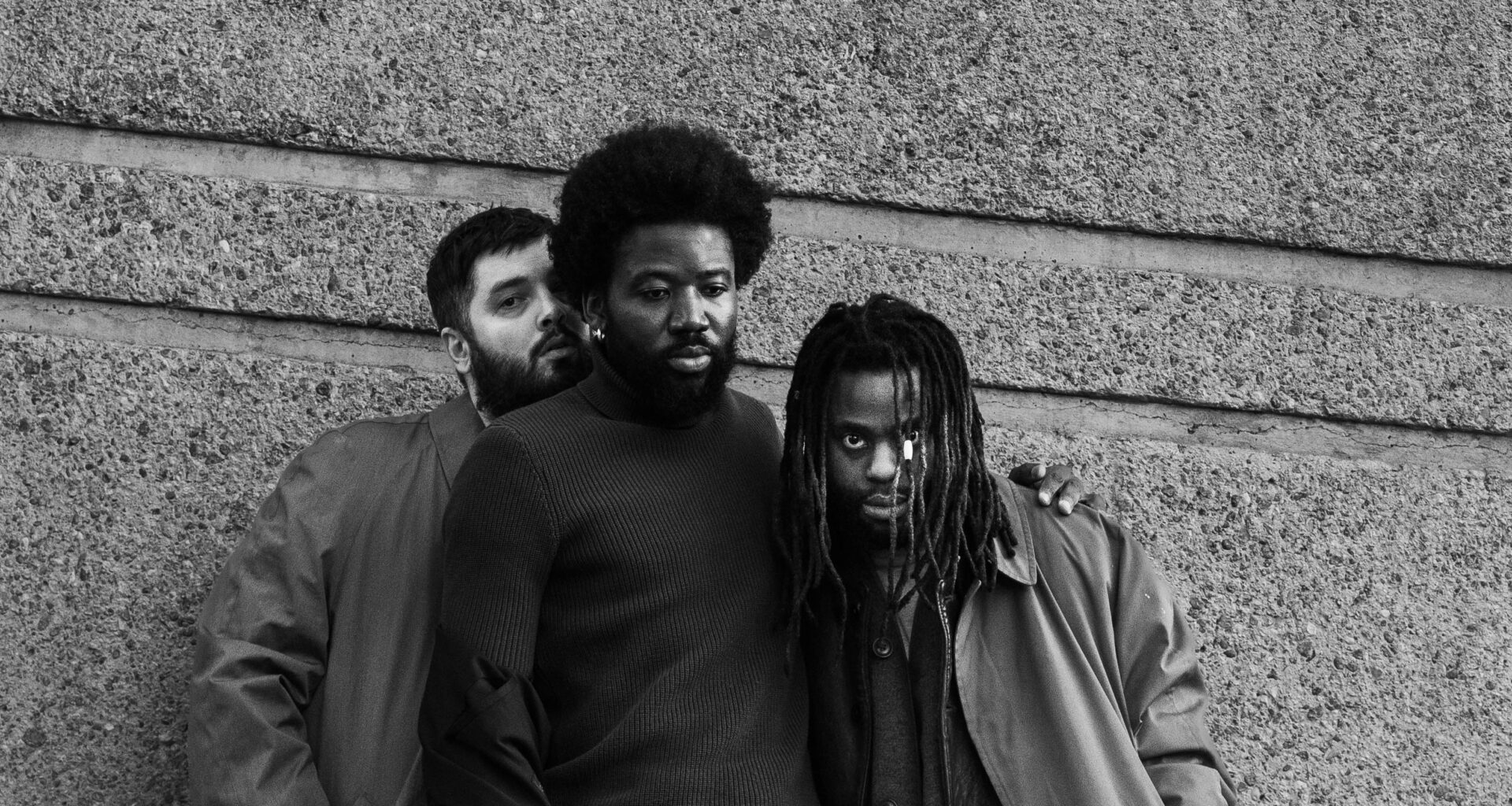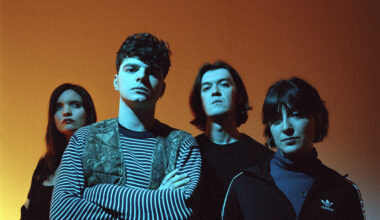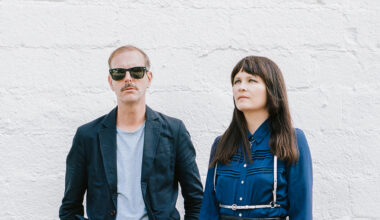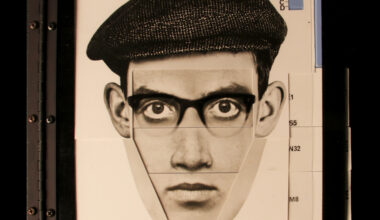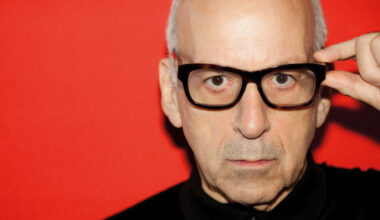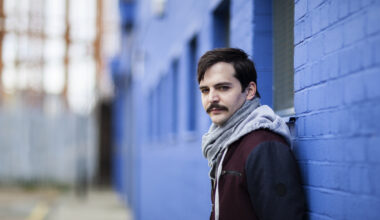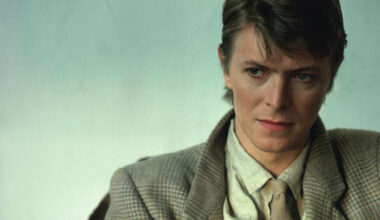Conviction, spontaneity, and the noble art of going underground – Edinburgh trio Young Fathers open up on the creative synergies and struggles behind the bold and unflinching ‘Heavy Heavy’
Want to read more?
Sign up to Electronic Sound Premium to gain access to every post, video, special offers, and more. 100%, all you can eat, no commitment, cancel any time.
Already a premium member? Log in here
